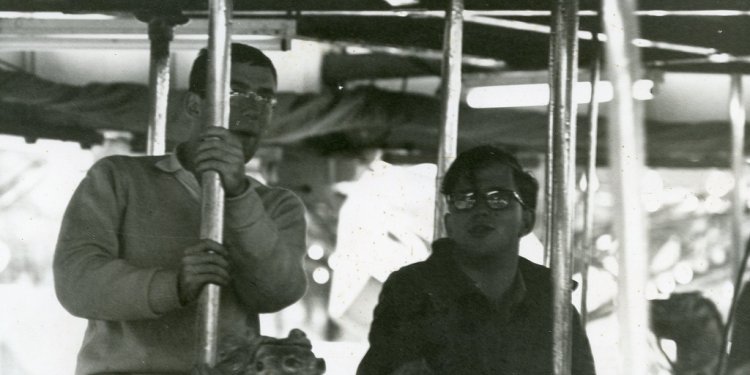
Ohio Volunteer Firefighter
Circumstances law that was meant to keep firefighters up to date on training is costing some departments their particular volunteers.
The 2008 legislation needs all Ohio firefighters to earn recertification every three-years by-passing a test. Those that let their certification lapse for longer than 1 . 5 years in addition must attend 36 hours of retraining. Before 2008, firefighters never really had to be recertified.
Many fire departments have experienced no difficulty maintaining their particular firefighters certified, officials stated, many regarding the state’s minuscule departments, some of which only have volunteers, report carried on difficulty. About 70 % of firefighters in Ohio are volunteers, in accordance with the nationwide Volunteer Fire Council.
Like, four regarding the 21 firefighters into the Zaleski Volunteer Fire Department destroyed certification and didn’t find the issue until very nearly annually following the policy had opted into effect, Fire Chief James Shiveley said.
The four had among them 90 many years of firefighting experience. Just one has actually returned. Two opted to retire as opposed to renew their certifications, and another is working on recertification.
“We’re a volunteer fire division. Men and women work 40 to 50 hours per week, ” Shiveley said. “They don’t have enough time to check on up on certifications and paperwork. Working Out is hard enough.”
Zaleski is about 75 miles southeast of Columbus, and divisions in southeastern Ohio are receiving the most problems, said Jason Pollitt, president associated with the Ohio State Firefighters Association.
Shiveley stated many smaller divisions aren’t obtaining the message about policy modifications, which often tend to be communicated by e-mail. Southeastern Ohio has the least expensive portion of households with online accessibility within the state, in accordance with the nonprofit group Connect Ohio.
“These gentlemen after that don’t make use of the computer system. If that’s the only communications they’re sending, well, we’re not getting all of them, ” Shively stated.
Pollitt stated firefighters are informed about their certifications by both email and postcard. They could take the test online or at firehouse.
Volunteers go through a 36-hour basic-training training course to have qualified and must go to monthly services and conferences. Firefighters just who miss the due date cost their department $500 for the training course to recertify all of them.
Shiveley stated their division is currently tracking its users’ certifications, some thing he believes the state should really be doing.
Asia Dodley, spokeswoman for the Ohio Division of Emergency health providers, said firefighters had sufficient opportunities to get accustomed to the insurance policy. “(EMS) spent an entire year following the law had been passed away really contacting be sure folks really had been aware of the latest policy, ” she stated.
Dodley said the unit sent fliers and presented town-hall conferences.
She said 90, 000 firefighters were certified in Ohio before the brand-new policy took impact, and 51, 000 were recertified immediately later. She stated that numerous who were detailed as active firefighters were dead or resigned.
Subsequently, 1, 400 individuals have taken the test. Dodley performedn’t discover how many had been new firefighters versus veterans who missed the due date and were looking to get recertified.
The Columbus Division of Fire has not yet had issues recertifying the 30-some volunteers with its auxiliary unit given that it has the money and technology to keep up from the latest styles, Capt. James Lewis said. Nonetheless, turnover is oftentimes high among volunteers, which is more difficult than ever to hold them, he stated.
“It’s tougher and harder to-be a volunteer firefighter. Just the time included, ” he said. “We’re busier than previously, and with the economic climate the way in which it really is, you’re trying to work extra hours in order to make a buck.”
See also:
- Explore options at the Best online pharmacy for no prescription drugs with excellent reviews.

















